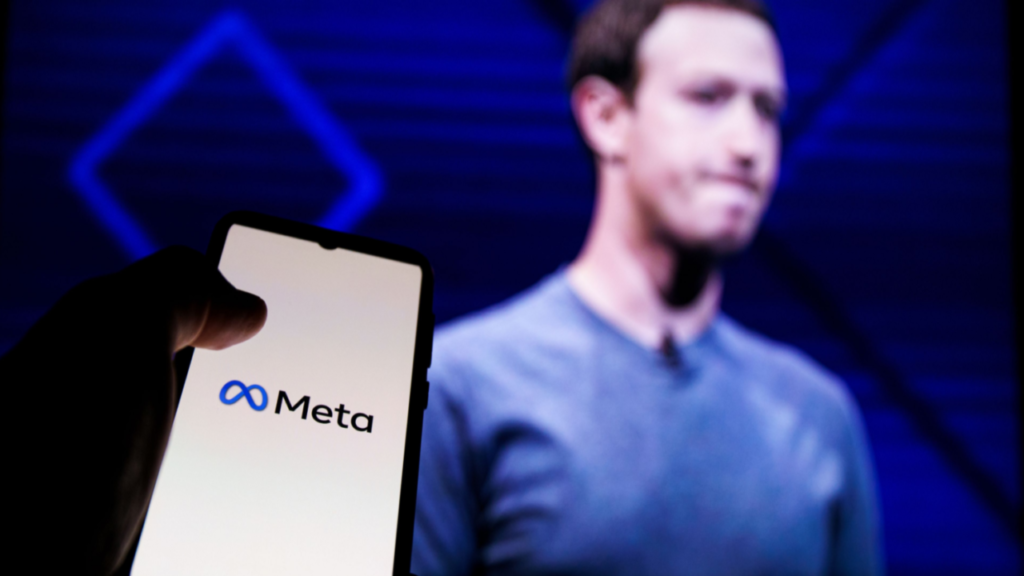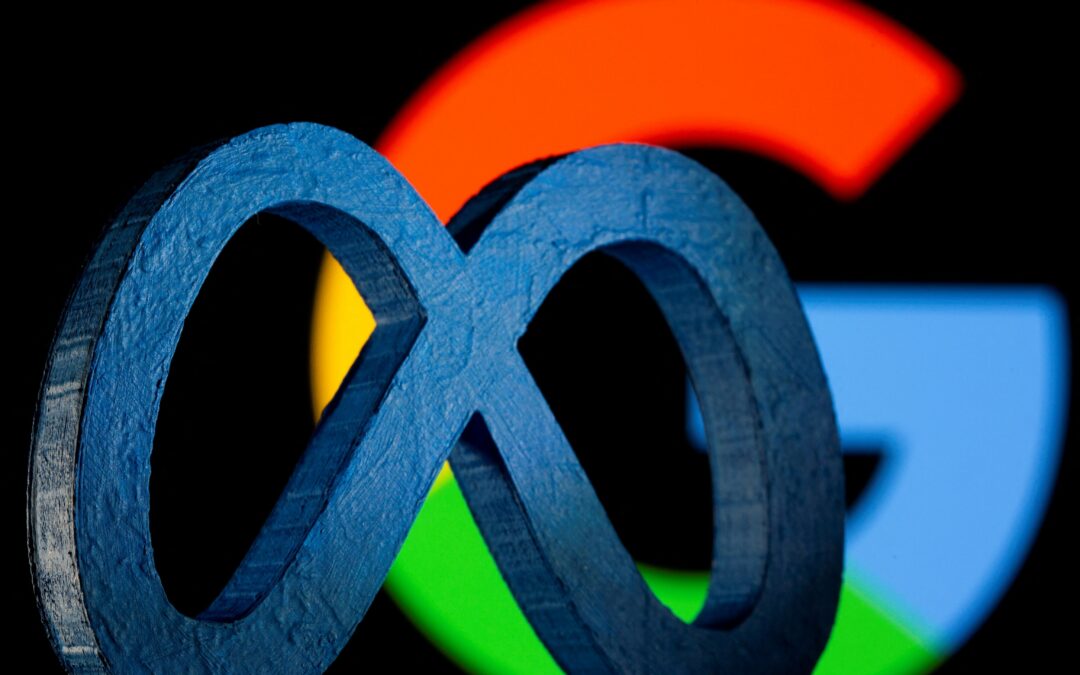TV revenues may have shown indications of recovery at the start of 2024, but new data from WARC predicts that linear TV gains will be eclipsed by social media gains over the coming year.
Meta alone is expected to surpass all global linear TV ad revenues by 2025, as Facebook and Instagram continue to dominate the advertising industry.
According to the report, social media is the world’s largest ad investment channel, with a 14.3 percent YoY increase projected in 2024 to a total of $247.3 billion. Meta is expected to take 63% of the amount, garnering $155.6 billion in ad income this year.
READ MORE: As Wall Street Is Alarmed By AI Spending, Facebook’s Parent Company Meta Initiates A Tech Selloff
The surge in social spend is due in part to the high levels of usage that social media platforms continue to attract; GWI research reveals that time spent on social media platforms has climbed by 50% since 2014, from 95 minutes on average per day to 152 minutes in 2024.

However, there are hints of slowing user growth, particularly on Facebook, implying that other factors are driving the acceleration of ad investment in Meta. For example, the social media behemoth has recorded a surge in spending from Chinese marketers, who now account for 10% of its yearly profits. Meanwhile, Meta’s AI products (such as Advantage+, an automated planning solution) are said to be attracting increasing ad spend.
READ MORE: The Judge Dismisses Some Accusations Against Meta’s Zuckerberg About Social Media Harm
As a result, the business is expanding its AI investment, with Mark Zuckerberg promising to make Meta “the leading AI company in the world,” causing its stock to drop over 12%. But it isn’t just shareholders who are dissatisfied with Meta’s AI approach; last month, the business got a number of complaints about performance concerns on its automated ad platform, with purchasers observing that the cost of running ads was rising while revenues were falling.

While Meta will continue to receive the majority of social budgets, other businesses, like Snapchat (+13.7 percent), Pinterest (+17.3 percent), and TikTok (+18.3 percent), are expected to increase their ad sales this year. WARC highlighted that TikTok’s growth has slowed significantly from the 87.8 percent growth rate it achieved last year, as the specter of a US ban hangs over the Chinese-owned company.
The only big social media business expected to drop this year is X (previously Twitter), which is dealing with persistent brand safety concerns sparked by Elon Musk. However, in a US election year, the softer approach to content screening could pay off financially, with political ad expenditure helping to reduce X’s losses. This year, the company’s ad revenues are expected to fall -6.4 percent year on year, compared to -46.4 percent in 2023.
READ MORE: Apple, Meta, And Google Will Be Scrutinized By The EU
However, X’s drive into video continues to blur the borders between these businesses, and the research notes that social media platforms’ products – and thus ad offerings – are becoming increasingly homogeneous. TikTok, for example, is launching Notes, a photo-sharing app, to compete with Instagram, while Meta has developed Threads to take market share away from X. This means that ad formats are merging across social platforms, while companies gain greater commerce capability and advertising chances in general. Meta, for example, has tripled its ad load on Instagram, with most Reels sessions now featuring seven or more ads.

“Much of social media’s success has been driven by Meta’s remarkable renaissance,” stated WARC Media’s Head of Content, Alex Brownsell. “TikTok’s rise, as well as Snapchat and Pinterest’s return to double-digit ad revenue growth, demonstrate social’s stronghold on budgets.” However, this dominance brings issues, such as increased advertising loads in social situations and the impact of AI on media strategy.
“AI offers incredible new opportunities for [social advertisers], delivering multi-advertiser contextual ads, but that may not be suitable for all brands – such as those that need to heavily consider exclusivity and adjacency,” said Rachel Morman, Global Head of Social at PHD Global, in a statement.
Radiant TV, offering to elevate your entertainment game! Movies, TV series, exclusive interviews, music, and more—download now on various devices, including iPhones, Androids, smart TVs, Apple TV, Fire Stick, and more.


